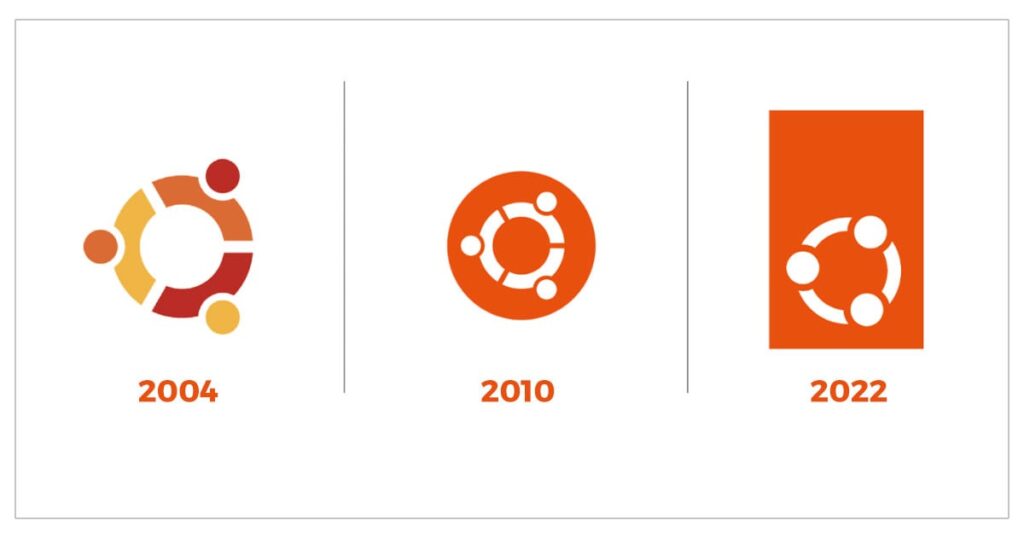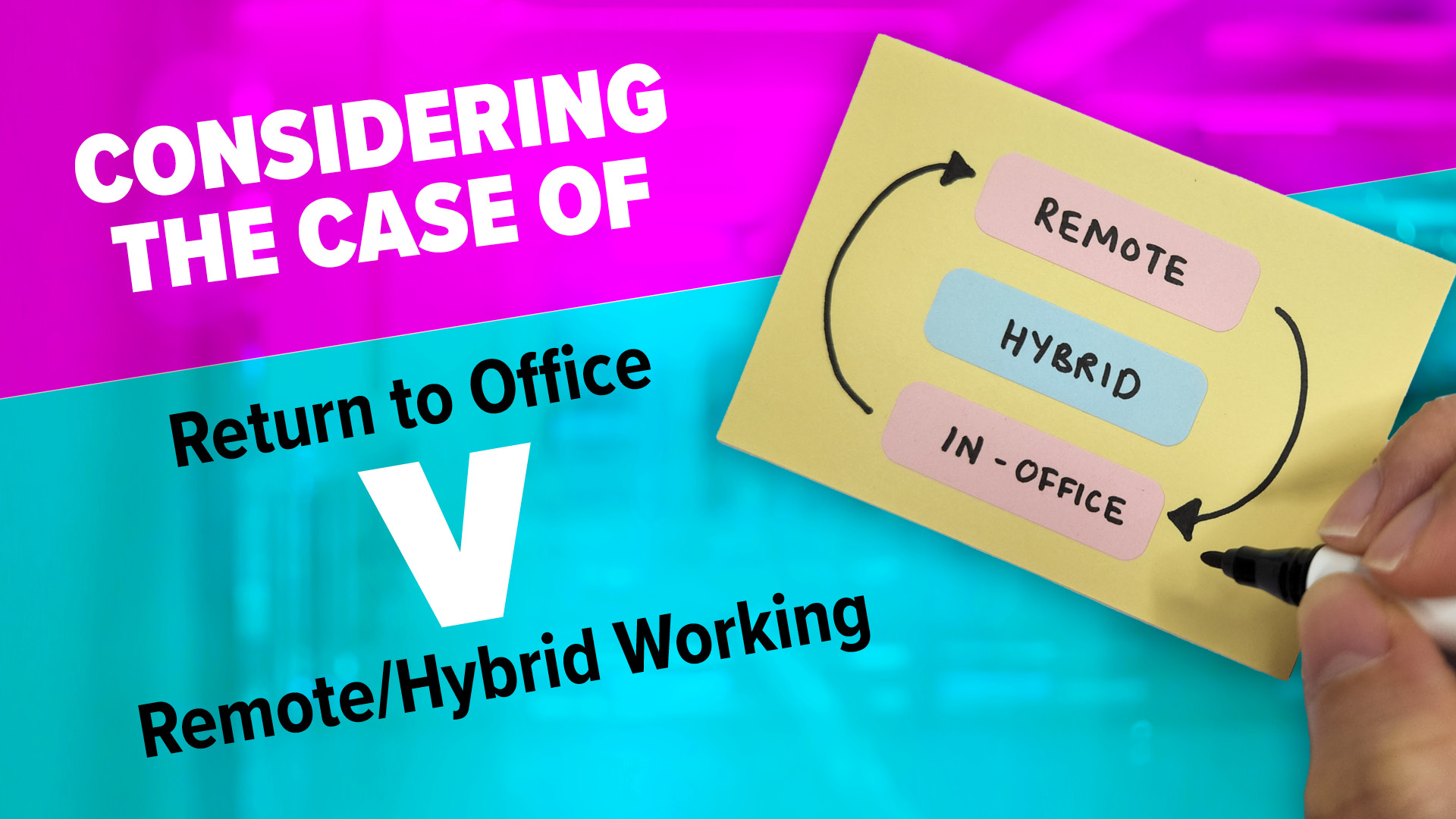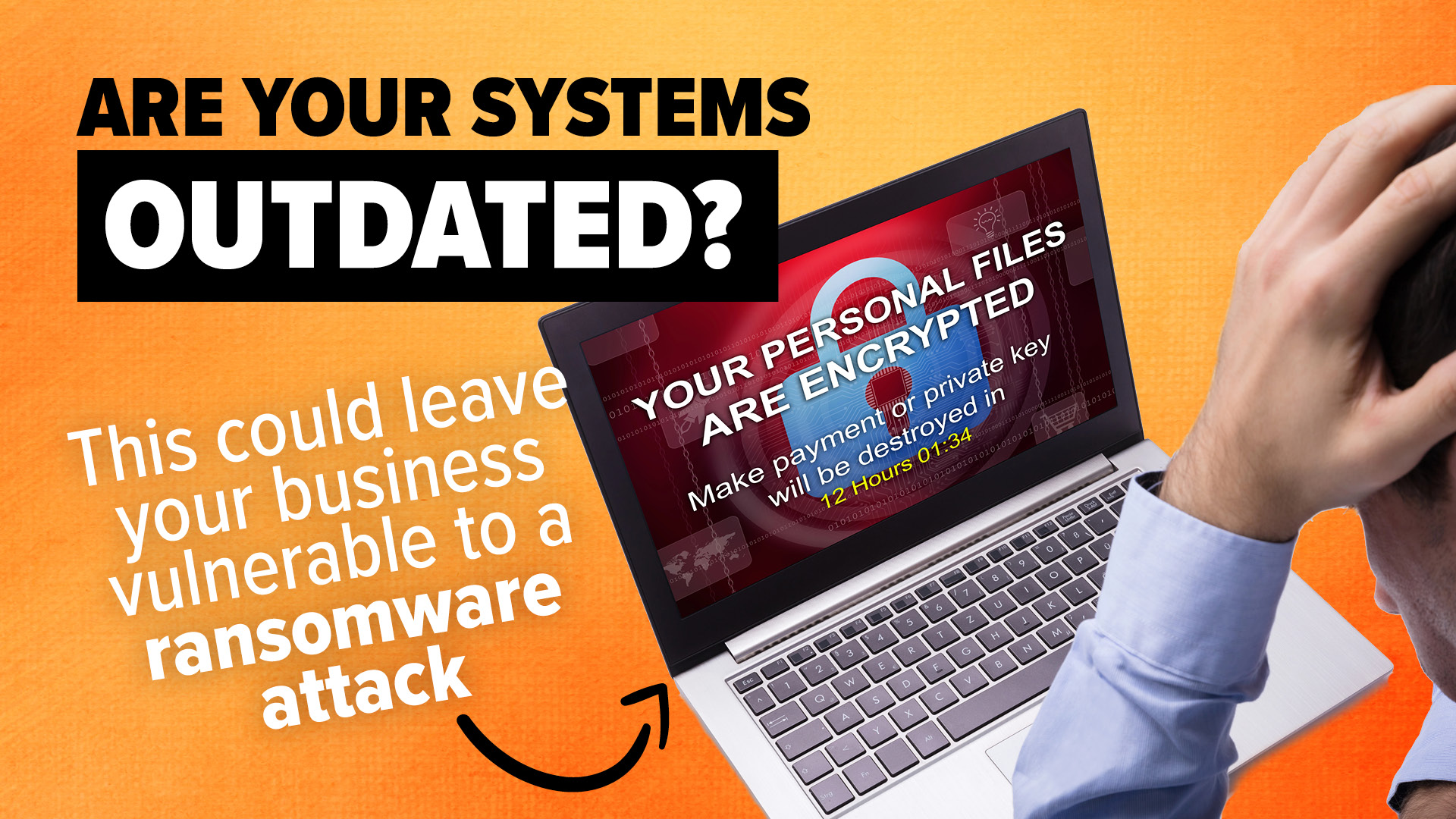Introduction
With the recent end-of-life (EOL) for CentOS Linux 7 as of June 30, 2024, many organizations are grappling with the urgent need to migrate their systems. As CentOS will no longer receive updates or patches, continuing to operate on an unsupported platform introduces significant risks, including security vulnerabilities and potential breaches. For organizations dependent on CentOS, migrating to a secure, supported Linux distribution is essential. This is where we, Sysdojo, step in to facilitate a smooth transition from CentOS to Ubuntu or Ubuntu’s enterprise version, Ubuntu Canonical.

Understanding the urgency
According to a report by Lansweeper, approximately 26% of scannable Linux systems still run on CentOS Linux 7. These systems are now vulnerable without upstream support, making migration a critical task for maintaining security and stability. There is a justified feeling of urgency to update. While some organizations may consider moving to other unpaid, self-supported distros, the maintenance and operational overhead of such a transition can drain resources. Ubuntu, particularly through Canonical, provides a compelling alternative by offering a supported and enterprise-ready solution.
Why Ubuntu?
Ubuntu is known for its simplicity, robust security, and broad adoption across industries. As an open-source platform, Ubuntu provides flexibility, while Canonical—the company behind Ubuntu—offers professional support, extended security maintenance, and advanced cloud and container capabilities. This combination of community support and enterprise-grade services makes Ubuntu and Canonical an ideal choice for organizations looking for long-term stability and security without the overhead of a paid distribution like RHEL.
How we can help
Migrating your systems can be a complex and resource-intensive process. Sysdojo offers expertise and tailored services to guide you through the entire migration process from CentOS to Ubuntu or Ubuntu Canonical. Here is how we will help you.
1. Assessment and planning
Migration success starts with a deep understanding of your existing environment. We begin by conducting a comprehensive system audit and risk assessment to determine the best path forward. Through this, we can identify:
- Systems that need urgent attention due to security vulnerabilities
- Custom configurations, integrations, or applications that will need to be retained during migration
- Your organization’s scalability and performance requirements
Based on this audit, we can provide an in-depth migration strategy customized to your operational needs, whether you’re running on-premises, in the cloud, or across hybrid environments.
2. Migration pathways
Once we understand your environment, we help you select the most appropriate migration method:
- Direct migration to Ubuntu: This path ensures minimal downtime, where we deploy fully supported Ubuntu systems without interrupting your critical workflows.
- Moving to Ubuntu Canonical: If enterprise-grade support is a priority, we guide you in migrating to Ubuntu Canonical, where you benefit from long-term security patches, compliance support, and 10-year extended maintenance options.
In both cases, we take steps to preserve your existing configurations, workflows, and custom applications, ensuring a seamless transition.
3. Automation for large environments
If you have a large number of CentOS systems, we offer automated migration solutions that reduce manual intervention, thus minimizing downtime and risk. Using tools like Ansible, we can automate and scale the migration across hundreds or even thousands of servers with precision and consistency.
4. Post-migration support
We recognize that a successful migration doesn’t end once your systems are on Ubuntu. Post-migration, we offer continuous monitoring and support services to ensure that your new systems are running optimally, securely, and in compliance with best practices. Our services include:
- Regular security updates and patch management
- Proactive monitoring for potential vulnerabilities
- Optimization and tuning for performance improvements
Why choose us?
As a reliable company with a proven track record in Linux migrations, we bring expertise, precision, and a customer-centric approach to ensure your transition from CentOS to Ubuntu is successful. Our migration process is designed to be as non-disruptive as possible, allowing you to continue operations without compromise. Here’s why we stand out:
- Tailored migration plans: Every organization is unique, and we tailor our services to your exact needs, ensuring that your critical systems and workloads are migrated smoothly.
- Expert support: Our team of Linux experts is on hand to assist at every step, from planning to post-migration support, ensuring that no technical challenge goes unsolved.
- Automation capabilities: For larger environments, we leverage automation tools like Ansible to streamline the migration process, reducing risk and ensuring consistency across systems.
- Security first: We place a strong emphasis on maintaining and enhancing your security posture throughout the migration process, ensuring that your systems are protected against emerging threats.
Conclusion
The end-of-life for CentOS 7 presents a pressing challenge for organizations, but it also offers an opportunity to upgrade to a more modern, secure, and supported platform. By partnering with us, you can make a smooth, efficient transition to Ubuntu or Ubuntu Canonical, ensuring your systems remain secure, up-to-date, and aligned with your long-term IT strategy.
Let us help you future-proof your infrastructure and move confidently into a more secure, efficient, and manageable Linux environment. Contact us today to discuss how we can support your migration from CentOS to Ubuntu.








